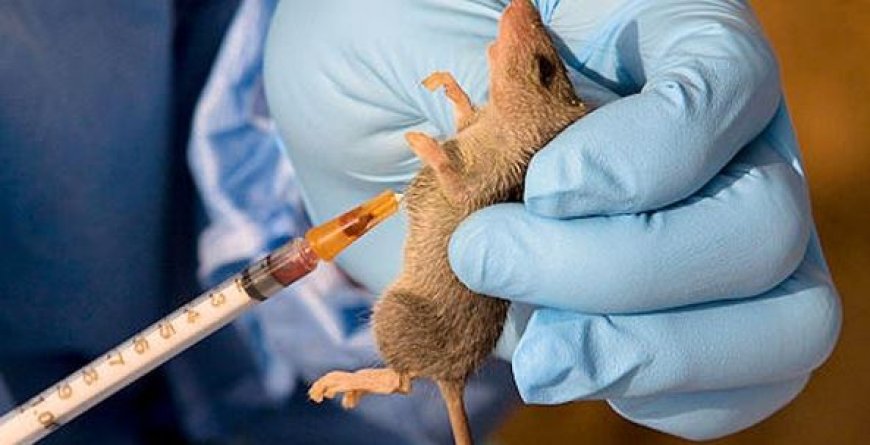Lassa fever, Mpox kill 135

The Director General of the Nigeria Centre for Disease Control and Prevention, Dr Jide Idris, on Friday, said the country recorded 832 confirmed cases of Lassa fever and Mpox between January and April.
Idris, who said this at the national health security press briefing in Abuja, noted that the country also recorded 135 deaths from the diseases in 2025.
He, however, said the agency remained steadfast in its mandate to protect public health by providing timely, transparent, and accurate health information.
The NCDC boss stated that the agency, in collaboration with state health authorities and partners, continued to monitor the diseases through national surveillance platforms, while proactively supporting affected states with timely interventions.
Cumulatively, as of epidemiological Week 16, the country has reported 4,253 suspected cases of Lassa fever, 696 confirmed cases, and 132 deaths. The overall Case Fatality Rate is 19.0 per cent,” he disclosed.
He highlighted a steady decline in Lassa fever cases in epidemiological Week 16, ending April 20, 2025.
“These improvements reflect the positive impact of ongoing surveillance, treatment, and community engagement efforts.
However, the risk remains high, especially in endemic areas. So, we must intensify our efforts,” he added.
Speaking on cerebrospinal meningitis, he noted that as of week 14, the data for CSM showed a steady decline in new cases and fatalities over the past three weeks.
“Surveillance, treatment, and vaccination strategies are being dynamically adapted to emerging data, with a strong focus on community trust and early care seeking.
The response will be sustained until full containment is achieved and state-level ownership of the CSM Incident Action Plan is realised,” he said.
The NCDC boss revealed that since the beginning of 2025, Nigeria has continued to monitor and respond to Mpox outbreaks across the country through coordinated national surveillance efforts.
“From week one to Week 16 of 2025, a total of 723 suspected cases of Mpox were reported across 35 states and the Federal Capital Territory. Of these, 136 cases were laboratory-confirmed, spanning 27 states and the Federal Capital Territory.
“Unfortunately, three Mpox-related deaths were recorded during this period: two in Week 10 from Abia and Ebonyi states, and one recently in Rivers State, involving a young male with advanced HIV and Tuberculosis. This brings the national CFR for 2025 to 2.2 per cent,” he added.
He stressed that Mpox was affecting individuals across a wide range of professions, including students, traders, civil servants, and healthcare workers, highlighting the risk of both community and healthcare-associated (nosocomial) transmission, especially in high-contact settings.
“The activation of the Emergency Operation Centre continues to provide both national and sub-national leadership through weekly review meetings with hotspot states.
“The National Rapid Response Teams have been deployed to hotspot states to strengthen the response capacity of local health authorities.
“Essential medicines, intravenous fluids, personal protective equipment, laboratory consumables and other necessary materials have been strategically distributed to/prepositioned in states to ensure timely access during case surges,” he added.
Dr Idris said five more Mpox laboratories had been optimised in five geopolitical zones – Bauchi, Kano, Cross River, Rivers and Enugu states, adding that mentorship was being provided to improve sample management, handling, and result reporting.
He added that a mortality review meeting was being convened on the Mpox deaths in Abia, Ebonyi and Rivers states.

 admin
admin 


